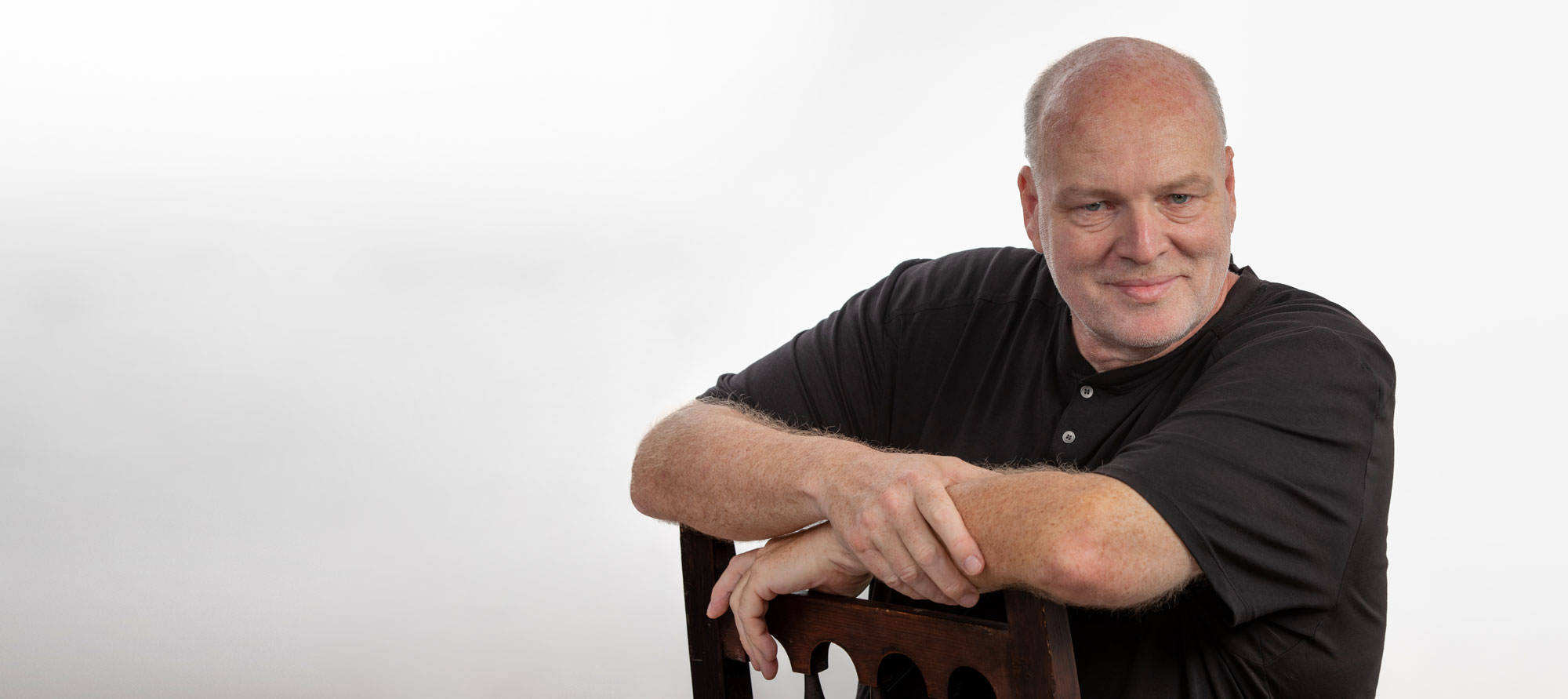Detective Pux here, ready to tackle one of the most elusive concepts in philosophy: Freedom!
To start, let's define freedom as the ability to act, think, and express oneself without external constraints or limitations. But wait, it's not that simple. Freedom can be both positive and negative. Positive freedom is the ability to do what you want, like having the freedom to choose your own career path. Negative freedom is the absence of external constraints, like the freedom to not be enslaved.
Now, let's add a little humor to the mix. Picture this: you're walking down the street, taking in the sights and sounds of the city, when suddenly you realize that you're actually walking in a straight line, following the crowd. Are you really free? You have the freedom to walk in any direction you want, but you've chosen to follow the crowd because it feels safer, more comfortable. So, where's the freedom in that?
The concept of freedom is complex and often subjective. Some would argue that true freedom can only be found by breaking away from societal norms and expectations. Others believe that freedom is about balancing one's own desires with the needs and wants of society as a whole.
But what about external factors like government laws and regulations? Do they limit our freedom? Well, it depends. Laws and regulations can both restrict and protect our freedom. For example, laws against theft protect our freedom to own property, while laws against hate speech protect our freedom to express ourselves in a safe and respectful manner.
Let's not forget about the freedom of choice. It's a crucial aspect of freedom, and yet, it's often the hardest to attain. The truth is, our choices are influenced by a multitude of factors, like upbringing, education, culture, and personal beliefs. And sometimes, the choices we make are not entirely our own, like when we choose a career because our parents expect it of us, or when we buy a product because of clever advertising.
Now, what about the age-old question: is freedom just an illusion? Some argue that we are never truly free, that our lives are predetermined by a combination of genetics, environment, and circumstance. Others believe that freedom is a state of mind, that we have the power to control our thoughts and actions, and therefore, our destiny.
In conclusion, freedom is a complex and multifaceted concept that can mean different things to different people. It's about balancing individual desires with the needs of society, about breaking away from societal norms, about making choices and taking control of our lives.
But, at the end of the day, Detective Pux believes that freedom is like a game of Jenga. We can stack and build our lives as high as we want, but it's ultimately up to fate, or maybe a clumsy opponent, to determine the outcome. So, enjoy the game, embrace the uncertainty, and never forget that freedom is the ability to play it in the first place.
And there you have it, folks, Detective Pux's philosophy-slash-humor approach to one of the most abstract concepts in the world: Freedom.
